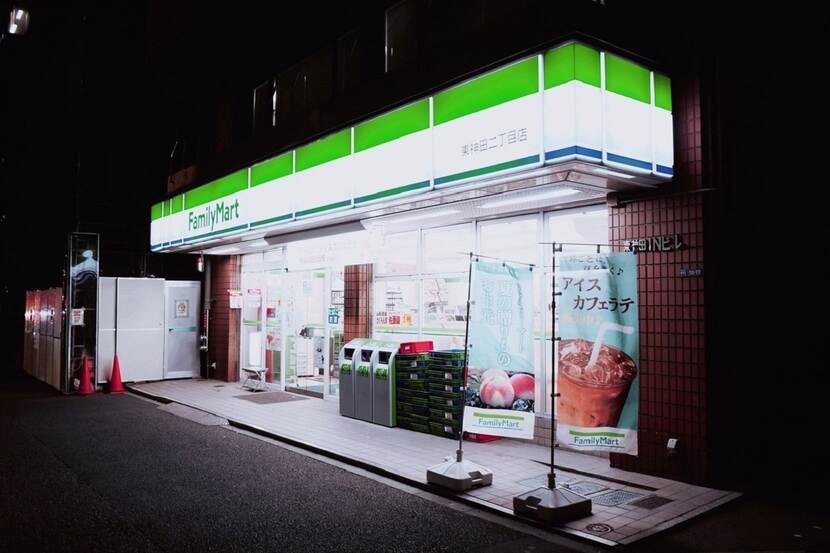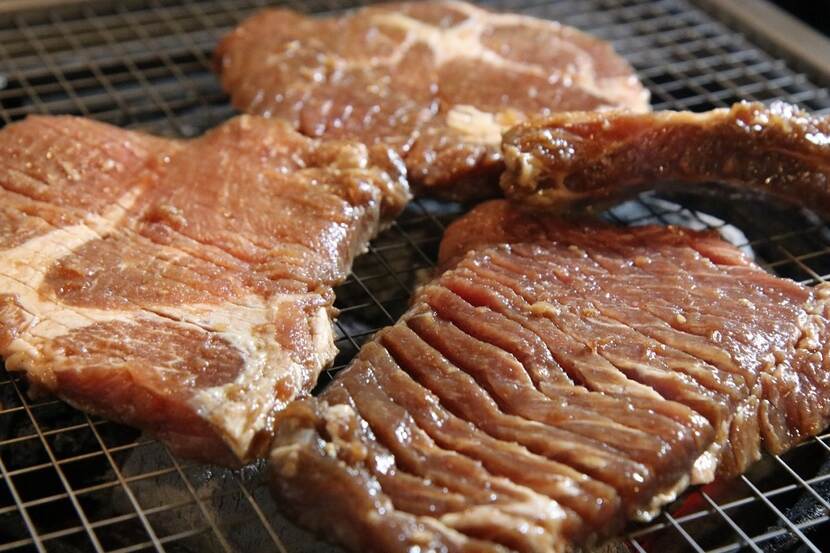Japan News Update #15 (15-25 Oct, 2021)
Stay updated on the latest agricultural news in Japan, that we publish every two weeks.
by Yuki Sano
Corona impact on marketing, import and Policy
Vending machines selling frozen foods - from fish fillets to cakes - are growing in popularity in Hokkaido, northern Japan. For companies hit by the pandemic, such as reductions in demand for school meals, hotels and in-flight catering, it is a new source of income as customers can buy products without infection from COVID-19.
Source: Variety of frozen food vending machines proving a hit amid pandemic, Frozen food vending machines proving a hit amid a pandemic
The chicken production disruptions in Thailand are affecting suppliers and retailers in Japan. The coronavirus outbreak has reduced the availability of poultry processing plants in Thailand, a significant supplier. The transport crisis caused by congestion at ports and a shortage of containers has also added to the problem. Wine, shrimps and other goods are also in short supply or at higher prices, a trend that threatens hopes for a consumer recovery.
Source: Container shipping crisis bites Japan's chicken and wine lovers, Chicken shortage impacting supermarkets
In Japan, there is no uniform vaccination passport and limited testing capacity. It threatens the willingness of restaurants to resume economic activity at the critical end of the year when restaurants earn half of their annual income and travel agencies are at their busiest. If ruined, the reopening plan could also be a significant burden for new Prime Minister Fumio Kishida, who will stand for an election in under two weeks.
Source: Lack of unified vaccination passport and testing threaten Japan's reopening
Konbini – convenience store in Japan
In Japan, there are a total of 55,931 convenience stores. Convenience stores function as a "social infrastructure", providing shopping and ATM services even in times of natural disasters. However, the future development of convenience stores in Japan is limited due to the ageing population and economic downturn. Overseas expansion, especially into Asia, is essential, but competition is fierce.
Source: Japan’s convenience stores look to the future
Rabobank's podcast on convenience stores in Japan also highlights the current state of convenience store operations in Japan, including unmanned shops and delivery services. (Podcast: Konbini – Lessons From Japanese Convenience Food (rabobank.com)

Forest industry and decarbonisation in Japan
Japan's planted forests are ageing, with more than half of them over 50 years old, making them vulnerable to natural disasters and undermining decarbonisation efforts. As a result, the amount of carbon dioxide absorption by Japan's forests reached its most recent peak in fiscal 2014. However, the Forestry Agency estimates that it will fall by around 20% by fiscal 2019. In addition, Japan's forestry industry has become uncompetitive due to cheap imported timber. As a result, it prevents proper thinning and reforestation.
Source: Aging forests likely to hinder Japan's decarbonisation efforts
Food policy
The Ministry of Agriculture, Forestry and Fisheries (MAFF) has revised the certification procedures for the Organic-JAS system from October to reduce the burden on farmers involved in organic farming. It will lead to the expansion of organic agriculture, as stated in the "Green Food System Strategy".
Source: MAFF to simplify JAS organic procedures
New agriculture minister Genjiro Kaneko called for a proactive review of agricultural Policy. He also expressed his desire to achieve the target of annual agricultural and food exports of 5 trillion yen by 2030 and promote MAFF's Green Food System Strategy, which aims to reduce the environmental impact of agriculture.
Source: New agriculture minister asks senior officials to actively review policies
New technology
Denso, the world's second-largest auto parts company, has formed a joint venture with a Dutch company as “Denso Agritech Solutions” and a tomato farmer as “AgriD” to build a system in which robots automatically harvest tomatoes using artificial intelligence (AI). The aim is to improve agriculture, which suffers from an ageing population and a shortage of labour.
Source: Denso challenges automatic tomato harvester, Agriculture Exhibition, until 15th Oct
The Japanese biotech company Euglena has made the first flight in June 2021 on “SUSTEO”, a biofuel made from used cooking oil and fats from Euglena and other sources. The company won an award for its efforts to combine business with the realisation of a sustainable society.
Source: Japan-based Euglena startup wins sustainability awards
Tokyo-based food tech company Next Meat has launched “NEXT Kalbi 2.0”, alternative meat for Japanese barbecue - yakiniku. It is a 100% plant-based processed food made mainly from soya beans and sliced meat, whereas most alternative meats are minced meat-based. This can be bought in online shops and supermarkets.
Source: Alternative meat for Japanese barbeque-yakiniku
